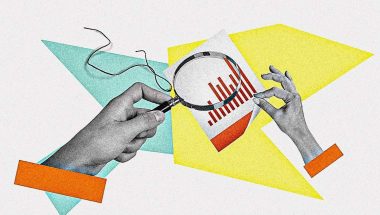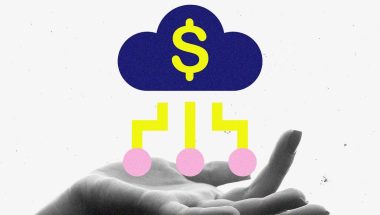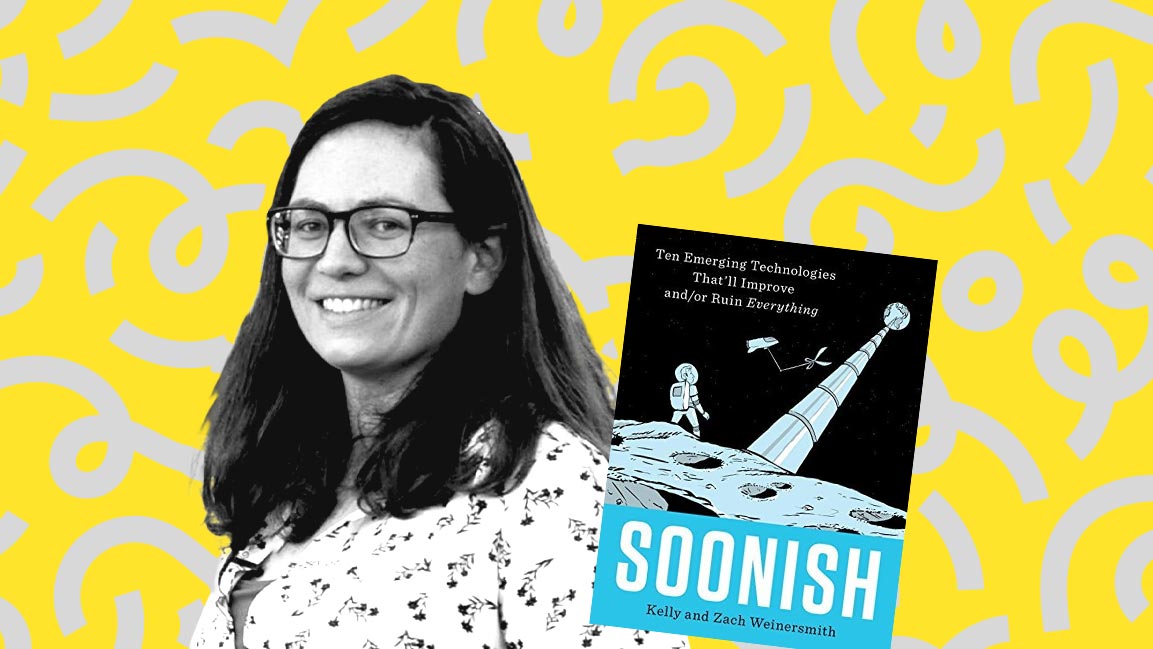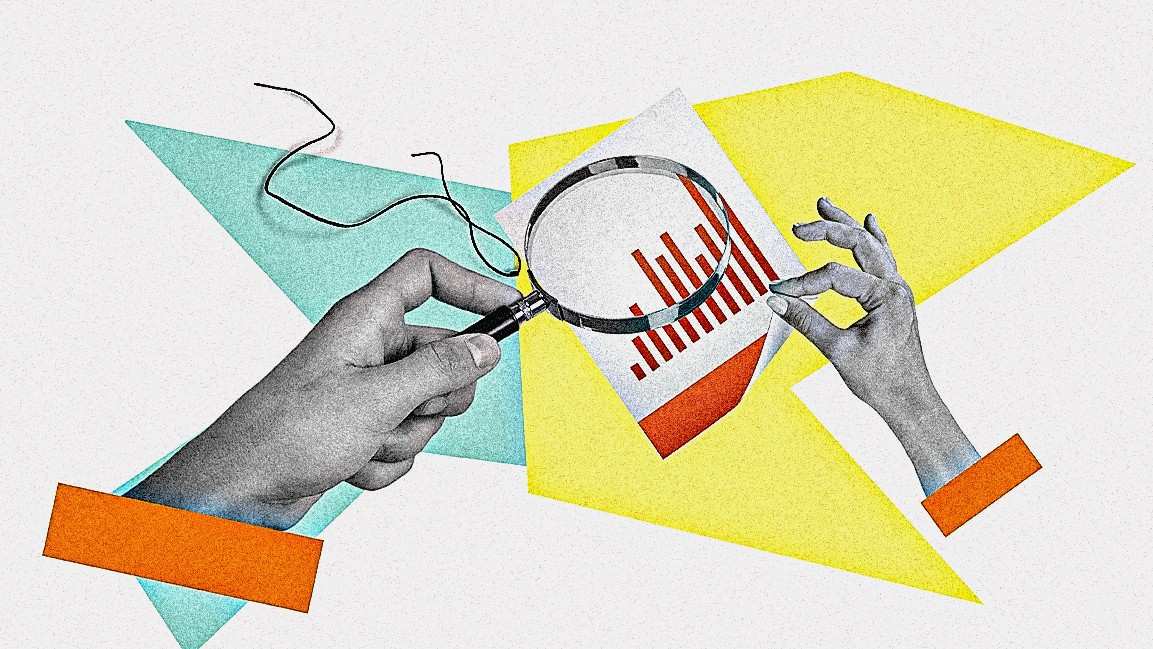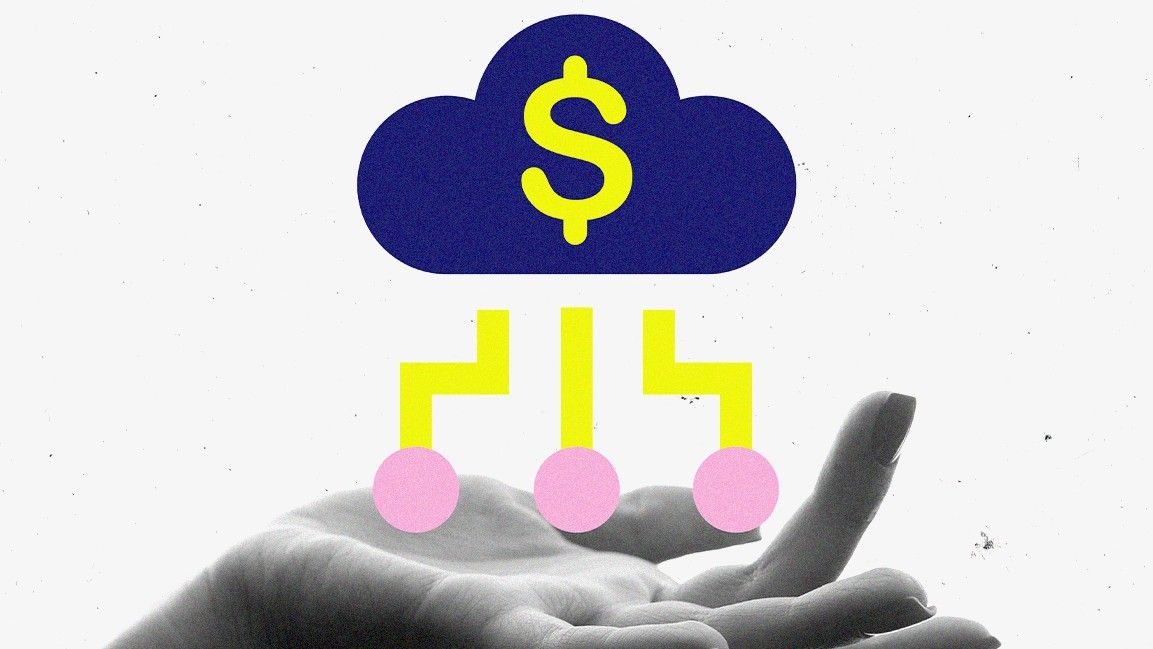- | 9:00 am
How are social entrepreneurs in Lebanon adapting to the crisis?
While social entrepreneurship faces many challenges in Lebanon, many remain committed to building sustainable businesses to create value for society.

Undoubtedly, a desire to solve a crucial issue is a key driver for entrepreneurship.
The ongoing crisis in Lebanon has multiple facets, including political, economic, and social issues. The economic and political crisis that started in October 2019 intensified by the dual economic impact of the COVID-19 outbreak and the Port of Beirut explosion in August 2020.
And as Lebanon faces its myriad of crises, a growing number of entrepreneurs are vying to solve the country’s social issues while adopting sustainable business models and making a social impact.
According to a report by the Lebanese Social Enterprises Association (LSE), most social enterprises support vulnerable women (59%) and long-term unemployment (46%), followed by youth (39%) and refugees (31%). In comparison, people with alcohol or drug addictions and people with mental health are the least supported (2%). Other beneficiaries of social enterprises mentioned were people in need, foreign workers, people with craft skills, and society.
Alain Daou, Associate Professor at the Olayan School of Business at the American University of Beirut, offers support as a mentor and coach to social enterprises and creates courses on social entrepreneurship.
Having worked closely with the social entrepreneurship ecosystem, Daou noticed: “[There is] no law to govern and support social enterprises. Anyone can self-proclaim [to be a] social entrepreneur.”
He also points out a lack of innovation. “Many ideas are not original and replicate what is already there. Social entrepreneurs need to do their homework very well to understand the challenges in depth and develop innovative solutions to solve the root problems, not only short-term fixes.”
As with other sectors, funding is also quite a challenge. Samir Raad, Executive Director of Izdihar Libnan, an entity supporting social entrepreneurs in Lebanon, states the need for sustainable financial investments to ensure the success of social entrepreneurs.
“Entrepreneurship in Lebanon is currently viewed as a capitalistic opportunity for individuals and investors to make money solely,” says Raad. “In reality, because of the lack of engagement and support from the government to support the Lebanese population, social entrepreneurship can fill this vacuum to support people and communities in reaching their basic human needs. Humanitarian financial investment into social entrepreneurship is key to improving Lebanon’s economy and people’s lives.”
Such challenges, however, allowed social entrepreneurs in Lebanon to thrive.
An overriding theme is how slower everything happens in Lebanon since the crisis began, says Laura Jardine Paterson, founder of Concat, a web development agency linking marginalized developers (such as women and refugees) to global companies seeking tech talent. “Whether it is dealing with banks or paying your team, everything here takes much longer than it would in Europe or other more functional countries,” says Paterson. “We have also definitely scaled slower than we might have.”
Paterson explains they’ve faced issues due to the lack of infrastructure in Lebanon, such as finding reliable connectivity: “Some days it can take hours to find reliable network coverage, and suddenly the 3G can just be down all over the country for days without explanation.”
A bigger problem is with banks and getting registered in Lebanon, which has taken Paterson over eight months. The enterprise faced obstacles in figuring out how to pay employees, as many didn’t have bank accounts. That said, the founder says they’ve now built “resilient and adaptive foundations” to scale due to the numerous crises.
Roula Haidar, General Manager of L’Artisan du Liban, which supports Lebanese artisans by providing solutions to preserve cultural craft traditions, has also faced its share of hurdles, having launched since 1979. “We can’t just give up; it was not an option with everyone relying on us to make a living.”
From political, economic, health, and security crises, along with the rise of technological advancement, Haidar says they’ve learned to be proactive and seize opportunities.
Malak Yacout, Executive Director and co-founder of The Volunteer Circle, a digital social enterprise linking individuals or groups to volunteer opportunities, recalls facing bureaucracy and administrative hurdles.
The enterprise also felt the impacts of brain drain and talent retention as many seek opportunities outside the country. “We see this as an opportunity to cultivate our remaining team members as thought leaders,” says Yacout. “Those who choose to stay and grow with us are gaining valuable insights, opportunities, and networks that provide them a competitive edge today and in the near future.”
Romy Rahme, the co-founder of Beirut Bloomers, an enterprise empowering local artisans, found their supply chain impacted due to the crises. “The artisans we work with have faced difficulties in accessing raw materials, which has affected the production and delivery of our products.”
However, the crises also offered Rahme’s enterprise a chance to thrive.
The onset of the pandemic brought a shift towards e-commerce sales. “We were able to pivot our business model to adapt to these changes and reach new customers through our online presence and social media.” There was also a rise in global interest in supporting small businesses and locally-made products, especially naturally-made products, which increased demand for their products.
PUBLIC POLICY NEEDS TO CATCH UP
As social entrepreneurs navigate various hurdles in implementing their mission, many feel public policy needs to be in place. LSE’s report suggests that policymakers must implement a new legal statute for social enterprises and encourage adopting a social procurement policy for private and public authorities. Most importantly, it raises the development of tax incentives and taxation systems for the private sector to encourage social investments.
Nadim Abdo, Head of Fundraising of Arceniel, which supports Lebanon’s underprivileged and marginalized communities through its programs, agrees: “Social entrepreneurship is still not as strong as it should be in Lebanon. The absence of a legal framework also delays this process.”
He adds, “The public sector needs to offer incentives, at least, if one cannot opt for tax deductions, to favor this transition [and] encourage entrepreneurship initiatives.”
WELCOMING THE HURDLES
According to Yacout, the recent crises have strengthened their conviction that social impact is the right path. “We didn’t choose it by chance; we chose it because there’s a real need for it. The challenges we’re facing in Lebanon have made it clear that we need systemic change and innovative solutions that only improve people’s lives and the cities we live in while also ensuring sustainability.”
Paterson realized it was vital to accept the unpredictability of running a social enterprise in Lebanon. “At the beginning, everyone would tell me, ‘This is Lebanon!’ when I would complain about the lack of 3G, and from this, I learned to adapt fast.” She has since learned to ask for help from her network and be open to discussing hurdles.
PLAYING THE LONG GAME
Looking ahead, Daou emphasizes the importance of fostering a supportive community. He also points out that social entrepreneurs need to ensure a sustainable business model and not be swayed by short-term financial gains: “You have to make sure that it does not turn into an NGO and be always dependent on donations and grants. You have to envision a financially sustainable business model while having a clear social or environmental impact at the core of its mission and vision.”
Having a growth mindset is crucial, the entrepreneurs all agree.
Raad notes to remember one’s purpose for creating a social enterprise. “Was it to respond to a new pressing need in your community? Have you found a way to improve the lives of your family and friends? Did you solve a long-standing issue with a new creative idea that will support the future of Lebanon? Always remember the ‘why,’ and it will ease the burden of your challenges.”








